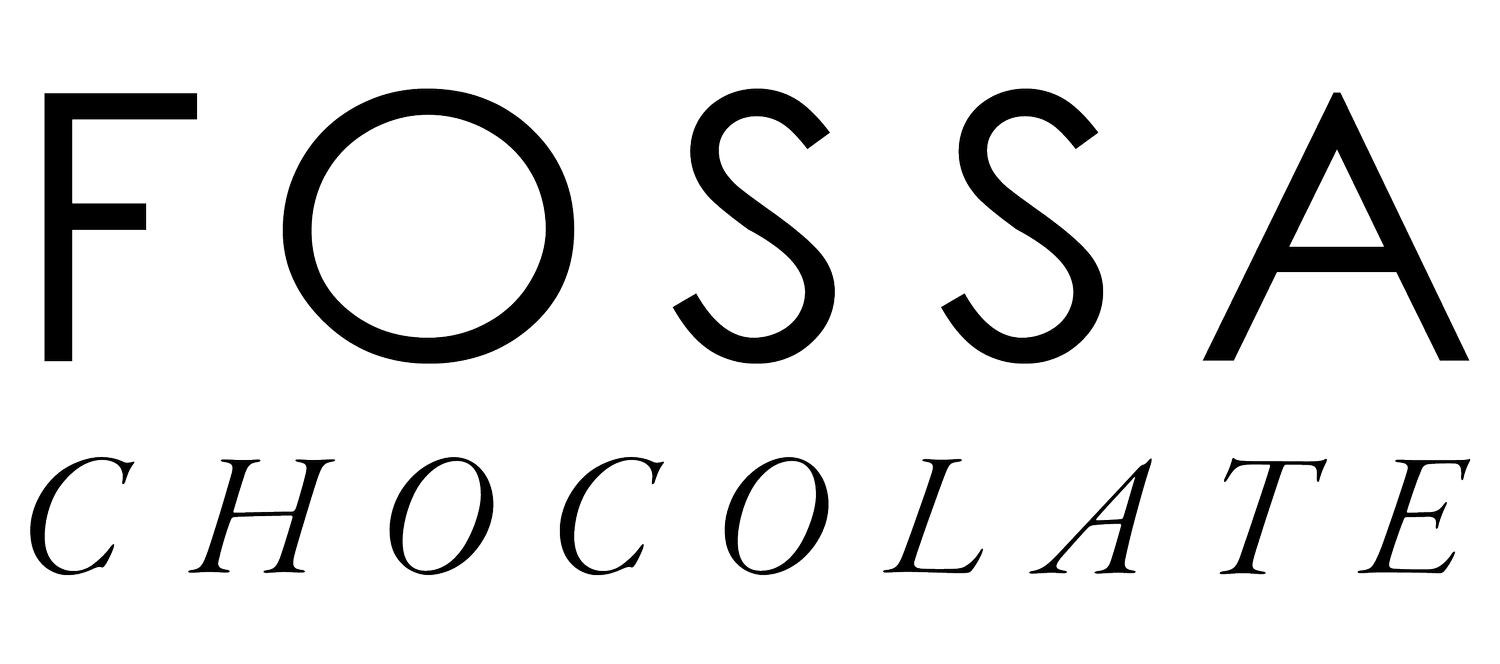Sustainability
-
Traditional cacao farming often involves clearing large forest areas for monocultures of cacao trees. This approach maximizes short-term profits but harms the environment through deforestation, slash-and-burn practices, soil erosion, and loss of biodiversity.
At Fossa Chocolate, it is important to us that our cacaos are sourced from producers that engage in agroforestry, where cacao trees are cultivated alongside other native trees and food crops, allowing wildlife to dwell in their natural habitat. This helps to preserve the natural environment and ensures more sustainable productivity for the farmers in the long run which is crucial for the local communities.
-
We believe bean-to-bar chocolates tastes better when we work together with partners who share the same values as us in terms of transparency, accountability, and most importantly, sustainability.
One chocolate bar at a time, we aim to incorporate sustainable practices into our bean-to-bar journey.




